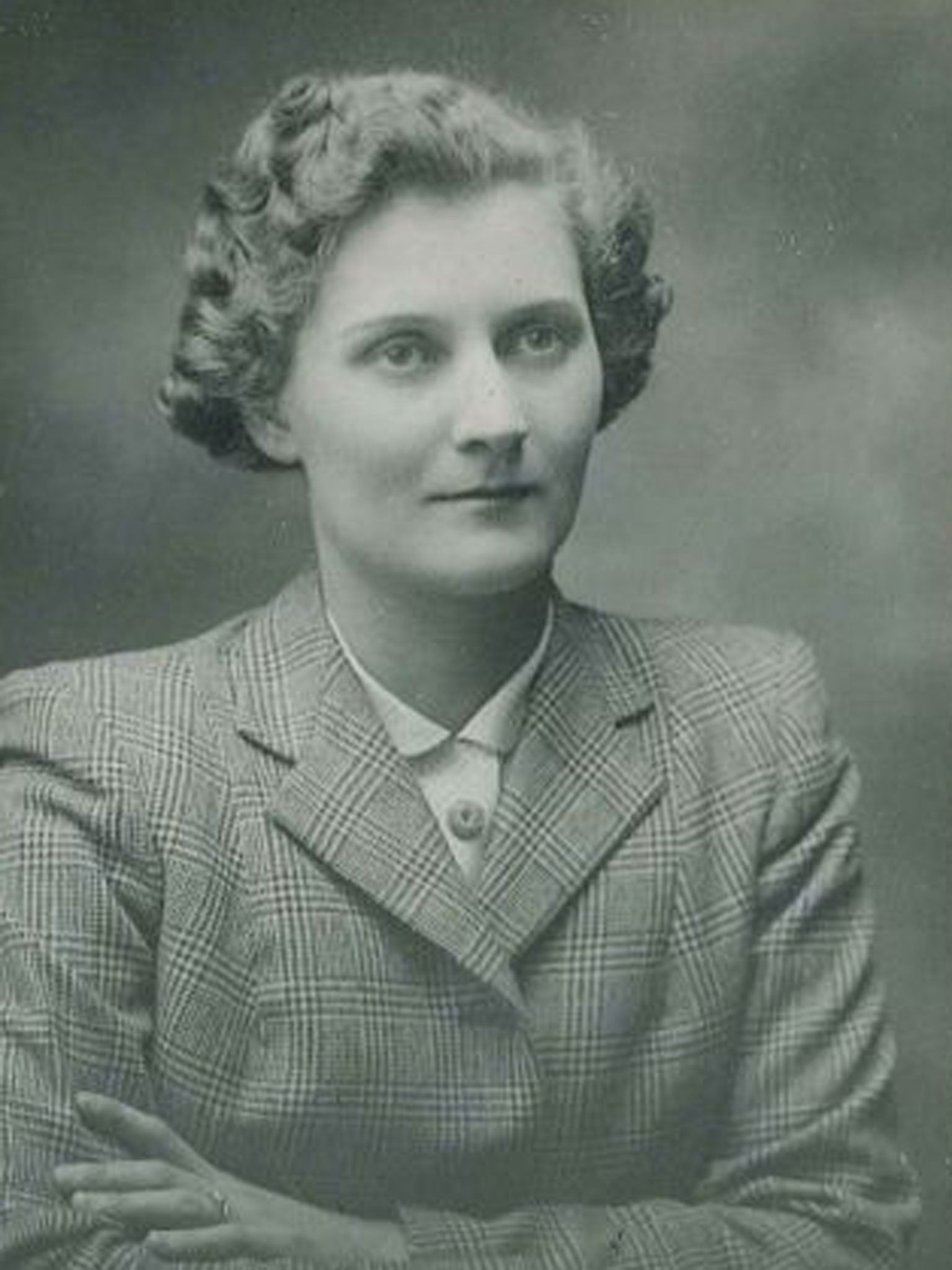Even mums don't last for ever
David Randall on the phone call that meant his childhood was finally over

Your support helps us to tell the story
From reproductive rights to climate change to Big Tech, The Independent is on the ground when the story is developing. Whether it's investigating the financials of Elon Musk's pro-Trump PAC or producing our latest documentary, 'The A Word', which shines a light on the American women fighting for reproductive rights, we know how important it is to parse out the facts from the messaging.
At such a critical moment in US history, we need reporters on the ground. Your donation allows us to keep sending journalists to speak to both sides of the story.
The Independent is trusted by Americans across the entire political spectrum. And unlike many other quality news outlets, we choose not to lock Americans out of our reporting and analysis with paywalls. We believe quality journalism should be available to everyone, paid for by those who can afford it.
Your support makes all the difference.I am, I suppose, the veteran of some 50-odd Mother's Days. But no more. The last bunch of freesias has been bought, and no longer will I have to roam racks of cards in search of one sufficiently unsickly to be given and received without blushes.
I remember with great precision the very spot I was standing when I was told my mother had died. I was in the offices of this newspaper, walking past the travel desk, when Sister Nina rang from the nursing home to tell me. It was 9.45am on a Saturday, and, after ringing all my family, I went to tell my editor, a friend as well as a boss. "Go home, Dave," he advised. "Oh no," I replied, "It's press day. She's dead. There's nothing I can do now." Half an hour later I was back. "I'm going home," I said. "Rather difficult to think about anything else."
I was more surprised by my reaction than her death. She was 87, as near as blind as makes no difference, suffered from Parkinson's, had been in a nursing home for four years, and could no longer eat solids. She knew who her sons and our families were, but her once eager conversation had dwindled to nods and assents, and, for some reason, the regular uttering of the phrase "Let them come." (We never did find out what it meant.) I, meanwhile, was – or thought I was – a hard-bitten Fleet Street newsman, more used to trying to evoke emotion than experiencing it. And yet here I was, unable to think of anything else but the long-expected passing of my mother.
I went home, and my wife and I went to my mother's favourite restaurant for lunch. What then, on such a day? Home to potter in the garden or play a few holes of golf? Hardly. No, something connected to my mother, we decided. I rang the hotel at Eastbourne where we used to take her after my father died, booked in, and down we went to relive the things we did with her: a deckchair in the bandstand; sitting at "her" table on the terrace, ordering, as she always did, a large schooner of sherry; and, after dinner, a stroll down to the pier to put a few memorial pounds into her favourite slot machine. We immersed ourselves in memories – happy ones – of my mother.
In the morning, I felt like someone who, in need of a good bath, had taken one – totally refreshed, somehow, by our seaside salutes to her. All the usual funeral arrangements were duly made, my twin brother Michael and I wrote and delivered a double act of memories of her at the service, and thus, as it has to be, my mother began to slip from the now into family history. And, gradually, the sharp recall of her as the mumbling, wheelchair-bound old lady (weekly visits to whom had latterly become something of a duty, I'm afraid) faded, and were replaced by better memories of her.
She became again, in my mind's eye, and in the conversations we had at family times, the woman who always won the mothers' races at school sports (she sprinted for Middlesex); the one person (before I met my wife) to whom I could tell anything (and did); the maker of marvellous trifles; the gatherer of flowers from the garden; the smoker of Silk Cut who put her persistent cough down to anything but the fags; the friend to her grandchildren; and, exhibiting perhaps the most valuable quality a mother can have: the person who was always there for you, even though she was always ready with the reprimand if you were getting above yourself.
No different, then, from millions of mothers. Except that she's no longer here. Mother's Day? It's cheapjack, commercialised, and there's something almost fascist about its insistence you pay homage on this day. But it's also a reminder: you don't really realise what your mother means until she's gone.
Join our commenting forum
Join thought-provoking conversations, follow other Independent readers and see their replies
Comments